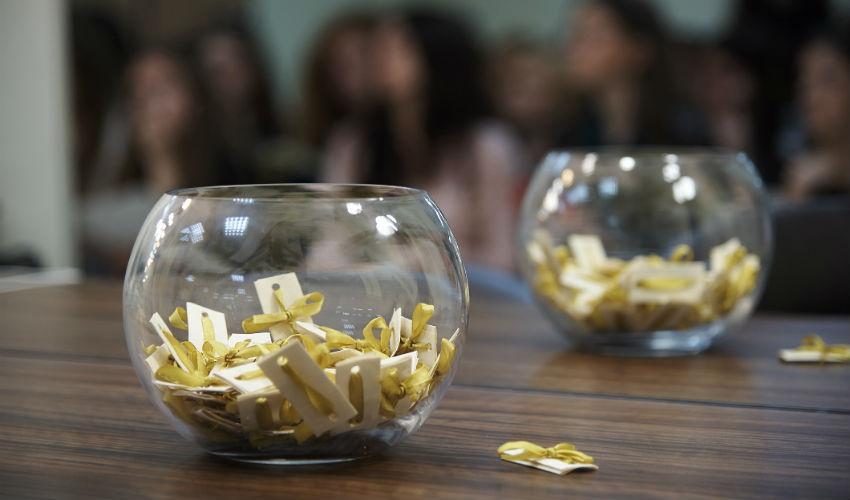
Where You Lie More Easily for a Friend
AN EXPERIMENT BY BOCCONI'S VALENTINA ROTONDI AND A COLLEAGUE HIGHLIGHTS A STRONGER TENDENCY TO INGROUP FAVORITISM IN THE SOUTH OF ITALY THAN IN THE NORTH. IT MAY BE THE RESULT OF A STRONGER IDENTITY AND WILLINGNESS TO HELP, BUT IT CAN ALSO BE DETRIMENTAL TO ECONOMIC DEVELOPMENTAccording to Max Weber, one of the reasons of the rise of capitalism in Protestant societies was the rejection of a widespread double ethic that imposed to treat in-groups and out-groups in different ways. A paper by Valentina Rotondi (Bocconi University’s Dondena Centre) and Georgia Michailidou (NYU Abu Dhabi), forthcoming in the European Economic Review, now finds that in economically successful Northern Italy in-groups and out-groups are treated in the same way, while in laggard Southern Italy there is a tendency to favor in-groups even when this behavior contrasts with other social norms.
The two scholars wanted to understand how people solve a moral dilemma in which they can help an in-group member only by engaging in an unethical act (lying) and whether this is a common behavior in Italy or it is related to a specific local culture.
In their lab-in-the field experiment, subjects had to pick a slip from an urn, read it in secret, and report whether they read €0 or €30. After a number of picks, a designated person (the receiver) would in turn pick from another urn a number among those reported by the subjects and accordingly cash in €30 or nothing. With many €30 in the urn, the receiver’s chance to win a reward would rise, with many €0 it would dip. Subjects didn’t have to show their slips, but only to report the number in a separate slip to be put into the second urn, thus making room for an altruistic lie: they had the chance to lie in order to favor the receiver, without obtaining or renouncing anything for themselves.
Half the subjects were young people from Northern Italy, half from Southern Italy and the receiver was, in half the cases, a Northerner and in half the cases a Southerner.
Overall, no inclination to lie for an out-group has been recorded, while the behavior of Southerners and Northerners is dissimilar when it comes to help in-groups: Southerners tend to lie in favor of other Southerners much more than Northerners in favor of other Northerners. «The willingness to engage in altruistic lying for an in-group differs across culturally different groups», says Valentina Rotondi, a post-doc researcher at Bocconi’s Dondena Centre for Research on Social Dynamics and Public Policy. «When able to do so, one coming from the South has 27% higher probability of engaging in in-group favoritism than one coming from the North».
The authors trace back Southerners’ stronger willingness to help in-group members to the historical isolation of Southern Italy, that induced them to develop a stronger identity as Southerners and grow more loyal towards their in-groups.
Georgia Michailidou, Valentina Rotondi, I’d Lie for You, in European Economic Review, September 2019, Pages 181-192, DOI:10.1016/j.euroecorev.2019.05.014.
by Fabio Todesco
